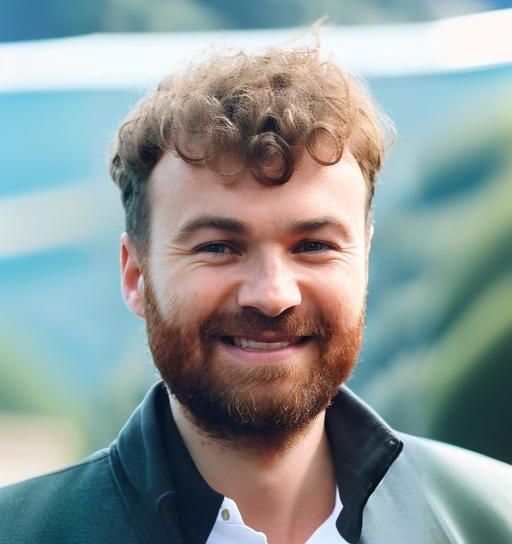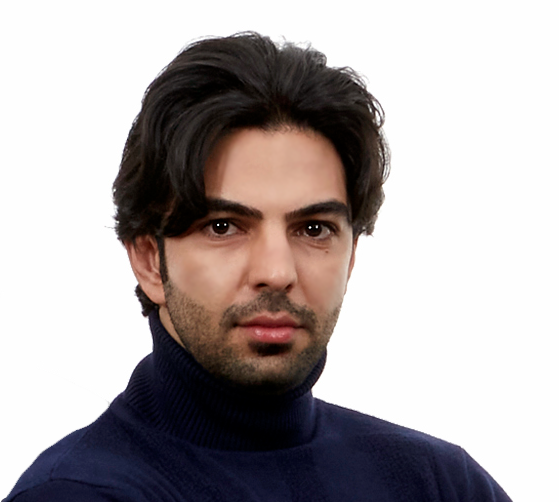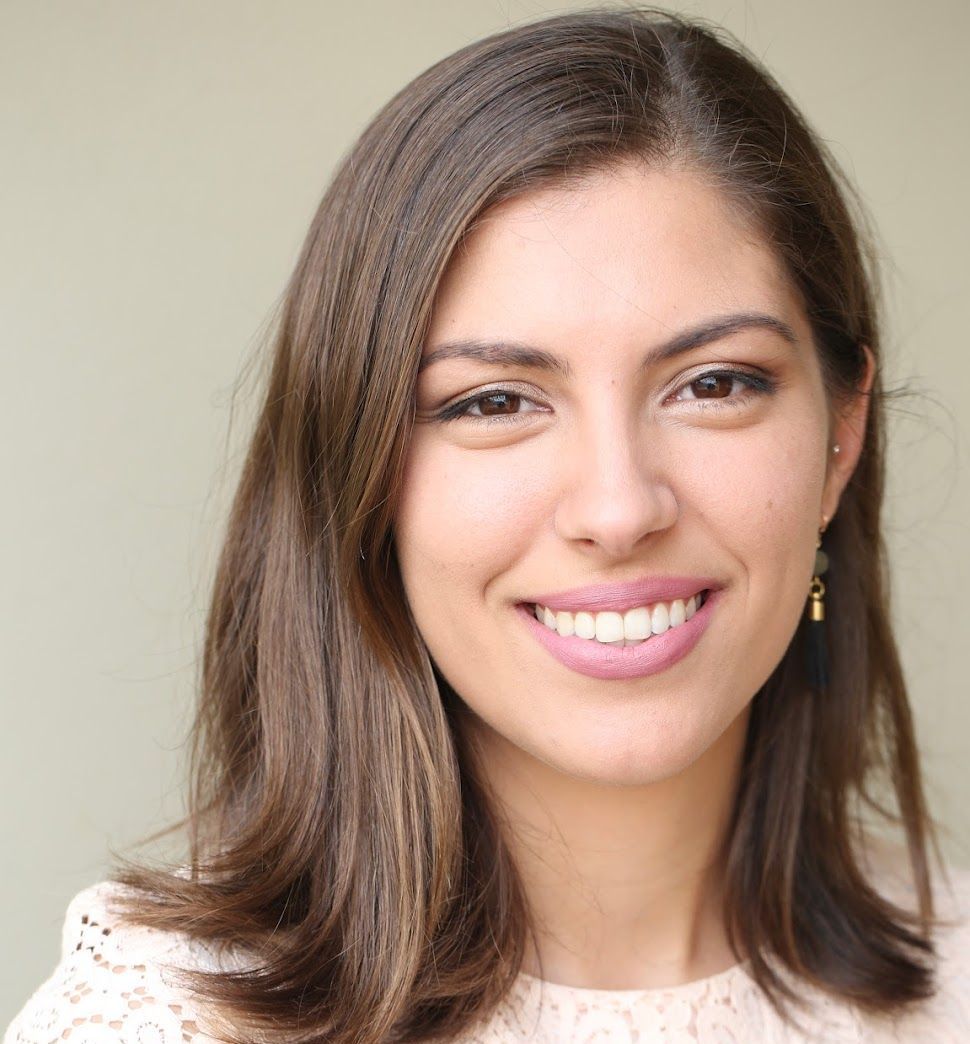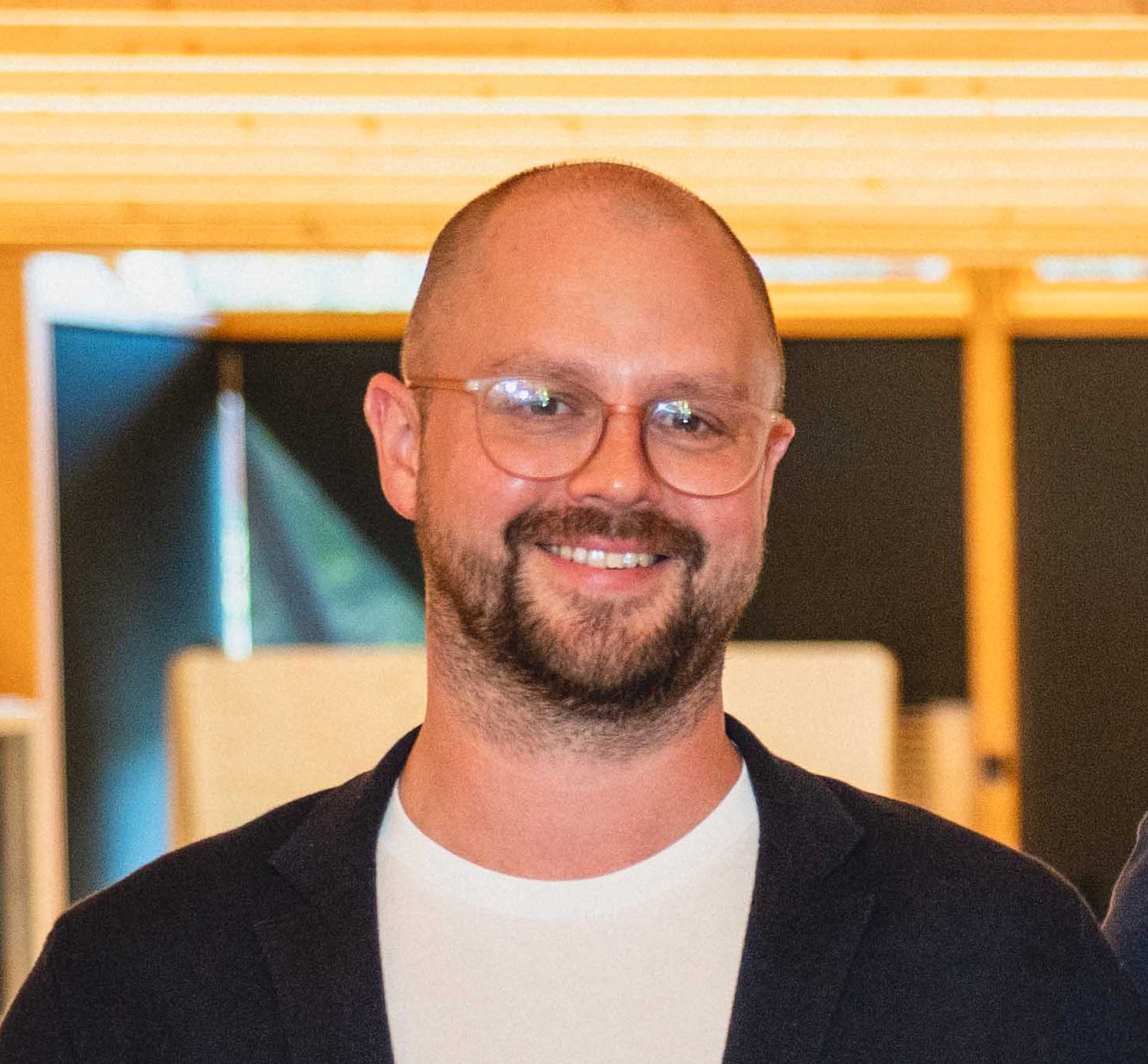Alex Ward, PhD
Principal Consultant
Having spent the last 12 years working at the intersection between biology and other deeply technical sciences, I've developed a love for the application of new technologies to biological systems. During this past decade, I've been lucky enough to learn and work at some of the foremost academic institutions in the world. From the University of Cambridge, and the University of Bristol, in the UK, where I undertook my PhD in cardiovascular sciences. To the Victor Chang Cardiac Research Institute and the University of New South Wales in Australia, where I worked as a postdoctoral scientist, studying cardiac systems biology.
This developed a passion for non-conventional scientific problems and has led to a fascination with understanding how systems and networks function inside the cell, and the application of bioinformatic analysis to tease these functions apart.
Over the past 2 years, I have been working at the forefront of cultured meat science at Vow, in Sydney, Australia, leading teams from 5-10 people in diverse areas of the company. My projects spanned all aspects of the technology and product development pipeline at Vow; however, one thread continued throughout this period: The application of multiomics and bioinformatics to cultured meat production. I was principally responsible for developing all transcriptomic and metabolomic pipelines for media development applications, as well as driving forward multi-species, multi-cell-type, multiomics for non-model organism cell-line development.
As the founding consultant at Arta Bioanalytics, I will be principally responsible for the end-to-end management of your projects, alongside my team of scientific advisors.
Scientific Advisory Board
Our scientific advisors bring a wealth of knowledge in diverse areas directly relevant for cultured meat science. Across our board, we have experience ranging from bioreactor design to bioinformatic tool development, making us highly equipped to support you in addressing your cultured meat scientific challenges. Each board member will offer something unique to your project and may be directly involved in the consultations or practical end-to-end analytics.
Adrian Salavaty, PhD
Adrian has over 7 years of hands-on experience in Bioinformatics and Systems Biology and obtained his Ph.D. in Bioinformatics at the Australian Regenerative Medicine Institute (ARMI), Monash University, Melbourne. He is now a postdoctoral research officer at Children’s Cancer Institute Australia. His special research interests focus on Bioinformatics and Systems Biology, Graph-based Model Development, and Multi-omics Cancer Analysis and has developed several models for network analysis and candidate gene/protein prioritization.
James Henstock, PhD
James is Associate Professor of Biosciences at Northumbria University (UK) and formerly Senior Scientist with Vow (Australia). James received his PhD in Biomaterials from Nottingham University in 2009 and conducted postdoctoral research in musculoskeletal tissue engineering at Keele and Colombia University in New York before establishing his mechano-biology research group at the University of Liverpool in 2015. In addition to publishing research papers and book chapters in 3D cell culture, biomaterials, nanotechnology and bio-reactor design, he co-developed a self-contained organ-on-chip system for bioengineered living muscle which was launched to the International Space Station in 2021.
Rebecca Screnci
Rebecca is a biotechnology expert, particularly well-versed in cellular agriculture and AgTech. Her experience spans both startup and corporate environments, and she excels in executive search, consistently assembling high-performing Executive Leadership teams. With a career marked by adaptability and strategic thinking, she is highly regarded in the biotechnology sector, facilitating success across diverse landscapes. Rebecca brings a wealth of experience to the field of bioanalytics, spanning medical research, pharmaceutical development, and cultivated meat research and production.
Sergey Tumanov, PhD
Sergey is a bioanalytical chemist with 13+ years of experience in studying metabolism using mass spectrometry and stable isotope tracing. In 2015 he received his PhD from the University of Auckland, New Zealand, where he studied yeast metabolism during fermentation. From 2014-2018, he worked at the Beatson Institute for Cancer Research in Glasgow, UK, to study lipid metabolism in cancer. In 2018, he moved to Australia to study cardiovascular diseases using multiomics approaches.






